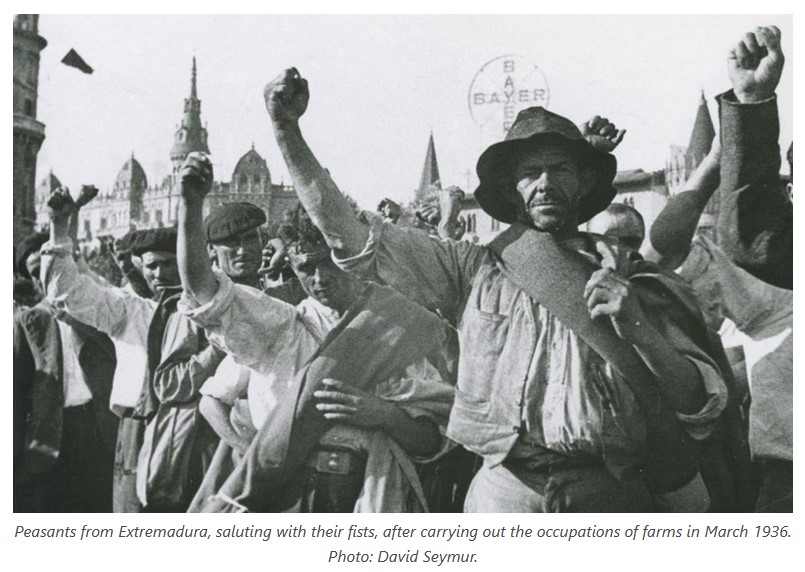
The Spanish Civil War: Lessons In Economic Democracy

The Spanish Civil War and Revolution of 1936 was arguably the 20th century’s greatest experiment in economic democracy. Spain’s workers and peasants built a new economy in the midst of chaos. Altogether, approximately 18,000 enterprises – nearly all industries in Catalonia and 1700 villages across the country – were collectivized between 1936 and 1937. For…
Written by
Daniel Wortel-London
–
–
Originally Published in
